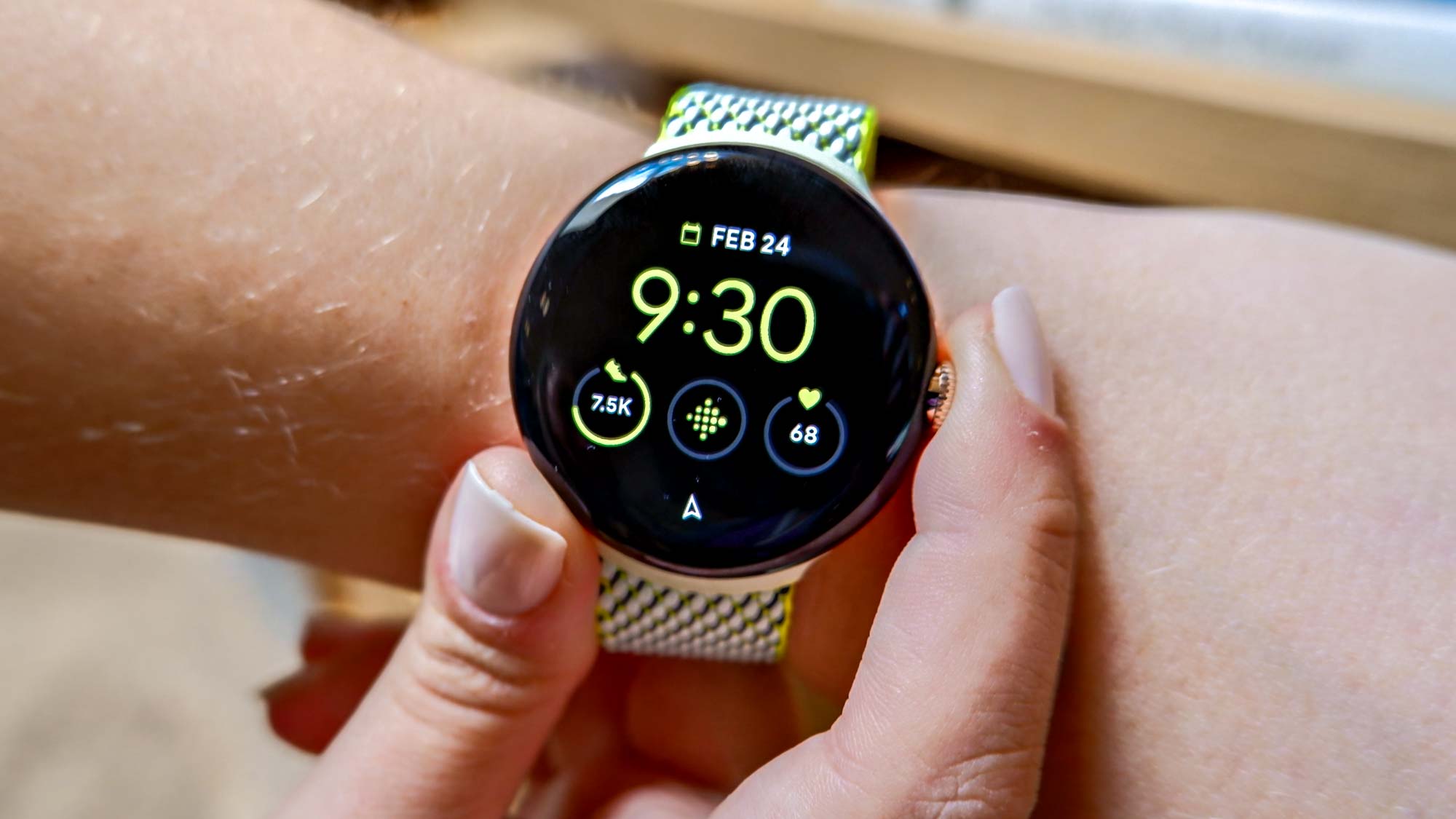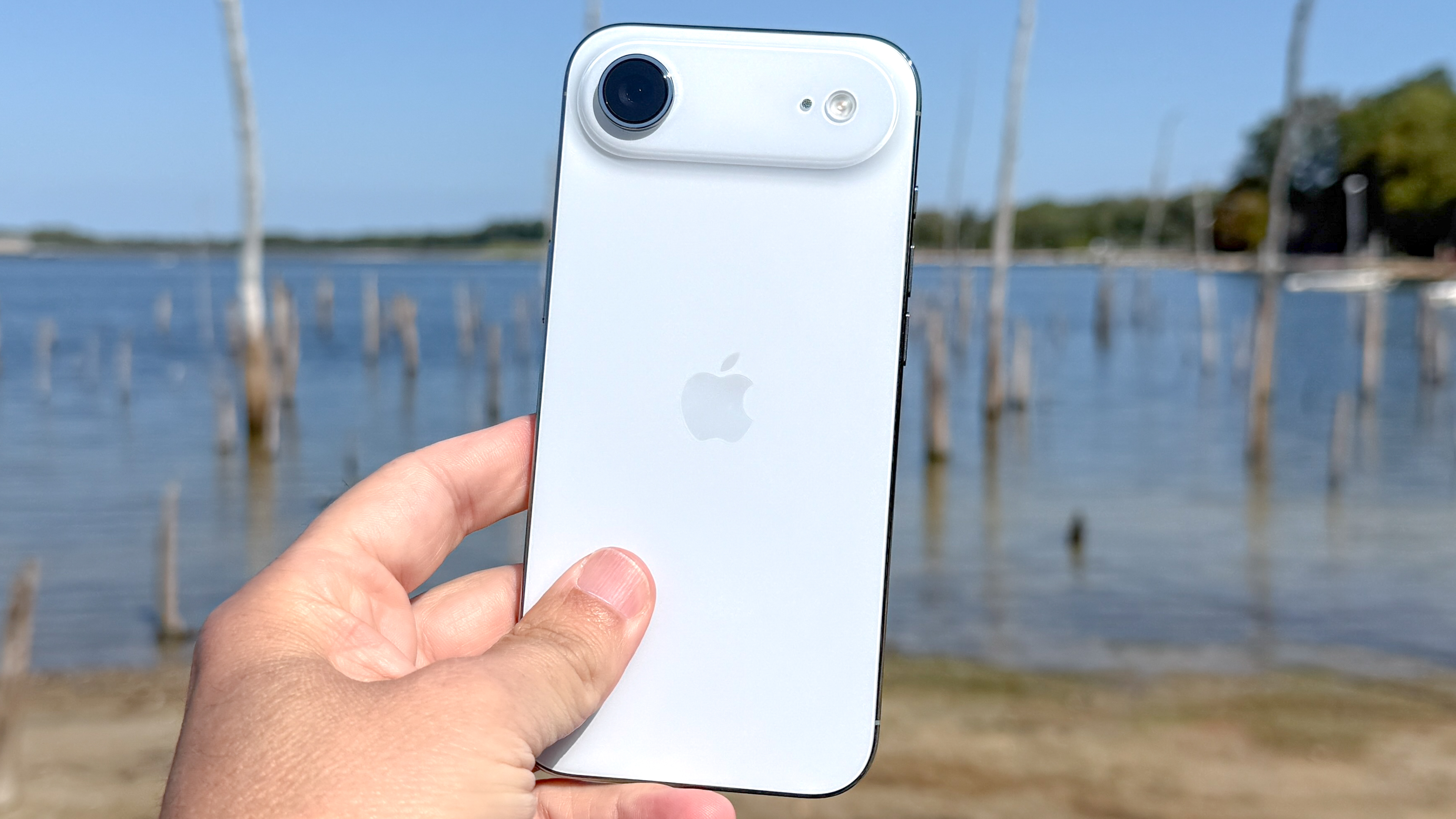Did Google just sacrifice Fitbit for the Pixel Watch?
The Pixel Watch’s success could come at Fitbit’s expense

The Google Pixel Watch's success could come at another brand's expense. Even more surprising, it's another Google-owned brand. Of course, I’m referencing Fitbit’s assisting role in Google’s first smartwatch.
We first learned that the Pixel Watch would leverage Fitbit tracking when the device was teased at Google I/O during the spring. That news didn’t come as a total surprise, seeing that Google’s $2.1 billion acquisition of Fitbit closed in January 2021. In fact, the move seemed promising — fitness tracking has always felt like an afterthought in Wear OS otherwise.
But that was before the launch of the Fitbit Versa 4 and Fitbit Sense 2, this year’s refreshes of Fitbit’s two smartwatches. While the Versa has remained one of the best smartwatches for several years, the original Fitbit Sense emerged in 2020 with a certain ambition we hadn’t seen in the market before.
That very ambition is limited by some glaring quirks on the Fitbit Sense 2, which I reviewed in the weeks leading up to the October 6 Pixel Watch launch. For one, the Sense 2 lost support for third-party apps and Google Assistant. It also shipped with a USB-A charger, which is kind of bizarre for a $299 device. In the middle of my testing, it came out that Fitbit will require a Google account, too.
So when the Pixel Watch arrived with all the smarts that vanished from the Sense, I couldn’t help but wonder about Google’s intention. For $50 more than the second-generation Sense, the Google Pixel Watch now offers third-party app support, plus practically all the major Google programs.
As for fitness tracking, Google promises the Pixel Watch’s heart rate monitoring is best in class. Pair it with a suite of health tools that were once exclusive to Fitbit, and I might not see a need for dedicated Fitbit smartwatches.
That said, the entire collection of Fitbit devices have two important features that the Pixel Watch can’t currently replicate: compatibility with iOS and Android, and multi-day battery life. (The Pixel Watch only works with Android and has a 24 hour battery life.) The Fitbit Sense in particular also has an electrodermal activity (EDA) sensor that might be protected somewhere behind the scenes. (You can read about how my colleague bought a Fitbit Versa 4 instead of the Google Pixel Watch).
Get instant access to breaking news, the hottest reviews, great deals and helpful tips.
Despite these perks surviving the Pixel Watch debut un-stolen, there are both fewer Fitbit-only features and fewer smartwatch features for Fitbit. It's reasonable to believe more will be taken away from Fitbit and more will be given to the Pixel Watch in future versions of Google's smartwatch.
It might not happen quickly, but based on what I witnessed with the Fitbit Sense 2 and what I know about the Google Pixel Watch, Fitbit probably isn't done being reaped for what it's worth.
That's smart business on Google's part undoubtedly, considering its version 1.0 smartwatch is shaping up to be great from get-go. I just can't help but wonder how Fitbit users will feel down the line.
Next: This is how much official Pixel Watch accessories will cost.

Kate Kozuch is the managing editor of social and video at Tom’s Guide. She writes about smartwatches, TVs, audio devices, and some cooking appliances, too. Kate appears on Fox News to talk tech trends and runs the Tom's Guide TikTok account, which you should be following if you don't already. When she’s not filming tech videos, you can find her taking up a new sport, mastering the NYT Crossword or channeling her inner celebrity chef.
 Club Benefits
Club Benefits





